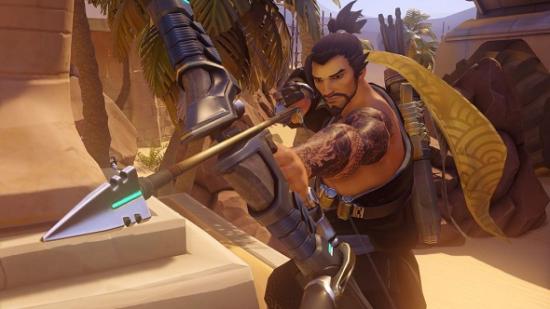What does it take to be considered a toxic player in Overwatch? To many, it is simply the act of trolling, throwing games, or being abusive in chat. Others view selecting “off meta” choices in a competitive environment as a reportable offense. Where opinions get muddled and divided, however, is when it comes to so-called “one-trick” players.
If you are unfamiliar with that term, one-tricking is when a player only uses a single hero regardless of the circumstances. Typically, they do not switch when countered by the opposition, and effectively force their team to build around their style of play. This behaviour is not limited to any specific character, game mode, or archetype. These types of players exist across all competitive ranks and are not limited to Overwatch.
Have you seen Overwatch’s next hero, Moira? She could make you a one-trick player yet.
The debate over one-tricking reignited this past weekend when a user named XUL was banned for playing Torbjorn in a competitive match. It was later revealed that he was trolling, but his actions brought the discussion about one-trick players and their place within the community to the fore. Blizzard responded to the controversy and made it clear that sometimes players will need to simply work around a “teammates’ specialisation.” Since one-tricking doesn’t officially violate Blizzard’s Code of Conduct, this isn’t technically considered abusive behaviour.
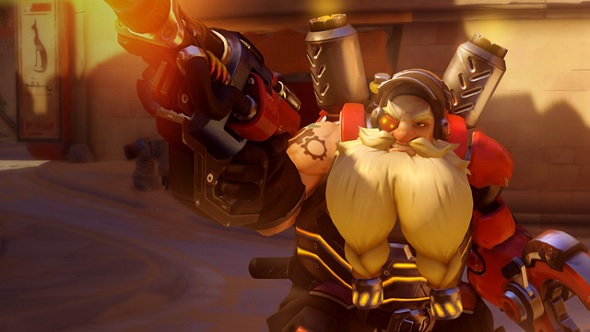
Despite being wrapped in negativity there are a number of reasons why someone would become a one-trick player. Perhaps the most obvious is that they feel an attachment or fondness for a specific character. The beauty of Overwatch is the diversity of designs and mechanics within its roster – every hero has a rich backstory and there are a number of different racial, sexual, and national representations. As such, it is easy to feel a connection with a certain hero, and so wanting to always play as them in matches is understandable.
There are 25 – soon to be 26 – heroes in Overwatch. Every single one has a unique set of abilities that have their own interactions and synergies. Obtaining a true mastery with a specific character can take months of practice. Because of this, achieving a strong, consistent performance across multiple heroes can take /a lot/ of time. Ideally, a player should have a strong grasp of DPS, Support, and Tank heroes, but that may not be possible. It is hard enough to learn a complex character like Sombra alone, and not everyone has the free time to pick up additional characters. Gating off content because of real-world time constraints is discouraging and frustrating.
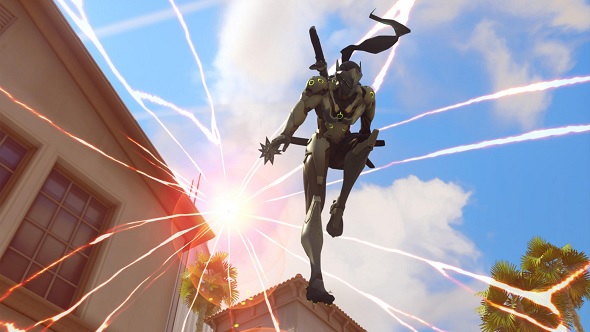
There is also a sense of favouritism when it comes to the community’s perception of one-tricks and who they play. DPS characters like Genji, Tracer, and Pharah can easily carry an entire competitive match on their own. While support one-tricks typically get a pass because team’s are usually thankful to have someone playing a healer. In contrast, heroes like Hanzo, Bastion, Torbjorn, and Widowmaker almost always have negative stigmas attached to them. Even if the Bastion player is doing everything right, there is a good chance that this player will be blamed for the team losing. Blizzard is even aware of this and have stated on Twitter that “Playing a certain hero is not against the rules.”
On the other hand, Overwatch is first and foremost a team game. Having a strong group composition is one of the keys to winning matches. Pairing specific heroes together like Zarya and Tracer allows for unique and devastating plays. Since users are never locked into a specific character, counter picking has always been a staple of the game. Every hero is designed to have characters they are both strong and weak against – Genji might be deadly against Zenyatta, for example, but a skilled Winston player can easily dispatch the cyborg ninja.
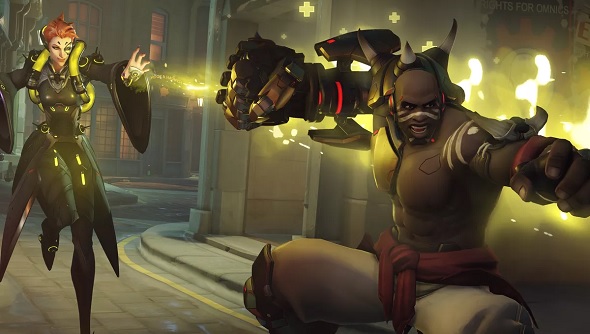
This is where being a one-trick player gets difficult, as there are some scenarios where a specific hero does not work. If a player is a Top 500 Roadhog it will not matter if they are up against another user who is at the same rank playing Reaper. That is not to say it is impossible to win under these circumstances, but one-trick players will be at a severe disadvantage. Someone who is able to adapt to an enemy team’s hero choices will almost always have the advantage in a round. While specialising in only one hero can make that player incredibly dangerous, it also amplifies the potency of an opposing team’s counters.
Being a one-trick player can also negatively affect the other five members of your team. If someone can only play Reinhardt then it is on the rest of team’s shoulders to adapt. Since this character only works well with certain team compositions, the remaining users are required to play heroes they may not be comfortable with, all in order to create a strong team make-up. This creates a damned if you do, damned if you don’t scenario. Either that team lets the one-trick play their character and adapt or they force that player to change to a hero they are completely unfamiliar with. Regardless of the outcome, it is putting that specific team at a severe disadvantage before the match even starts.
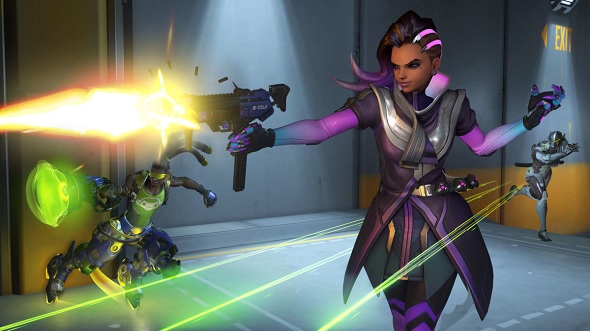
There are a lot of ways to get banned from playing Overwatch but, as it stands, playing as a single hero all the time is not one of them. While this behaviour can be perceived as rude or unsportsmanlike, it is ultimately a facet of the game and its community. One tricking will continue to divide the players until an official ruling has been made by Blizzard. Until then, players should always be ready to adapt when they are queueing up in Ranked mode, even if the reason is to shore up your team around a one-trick player.
